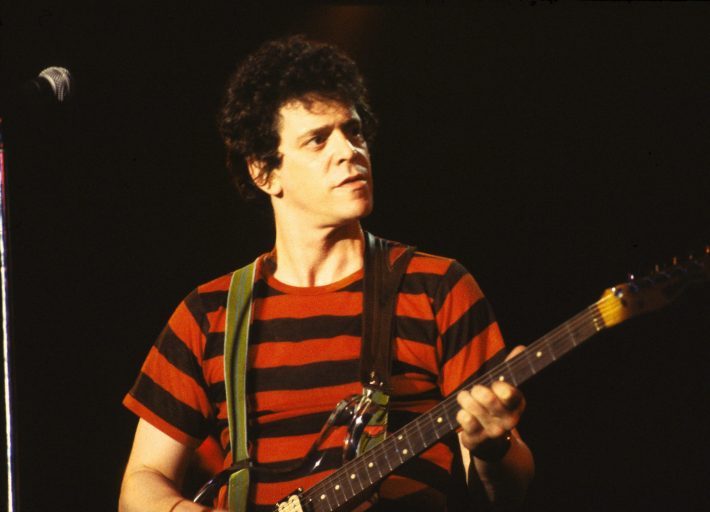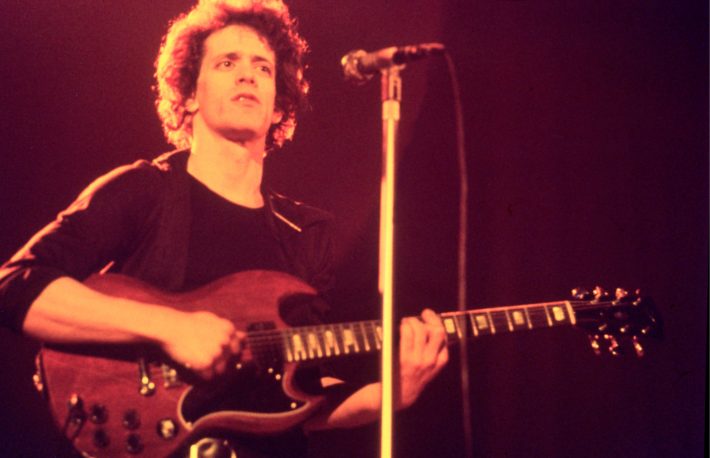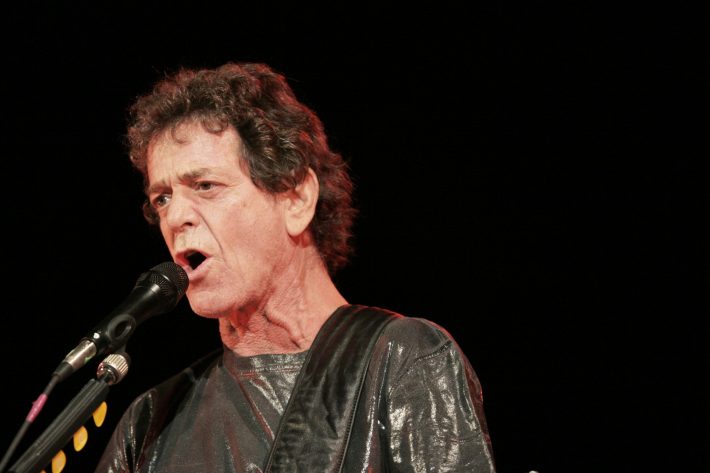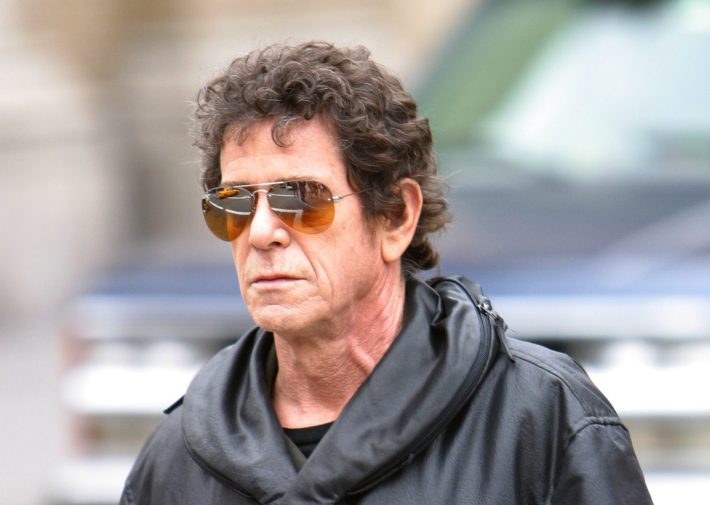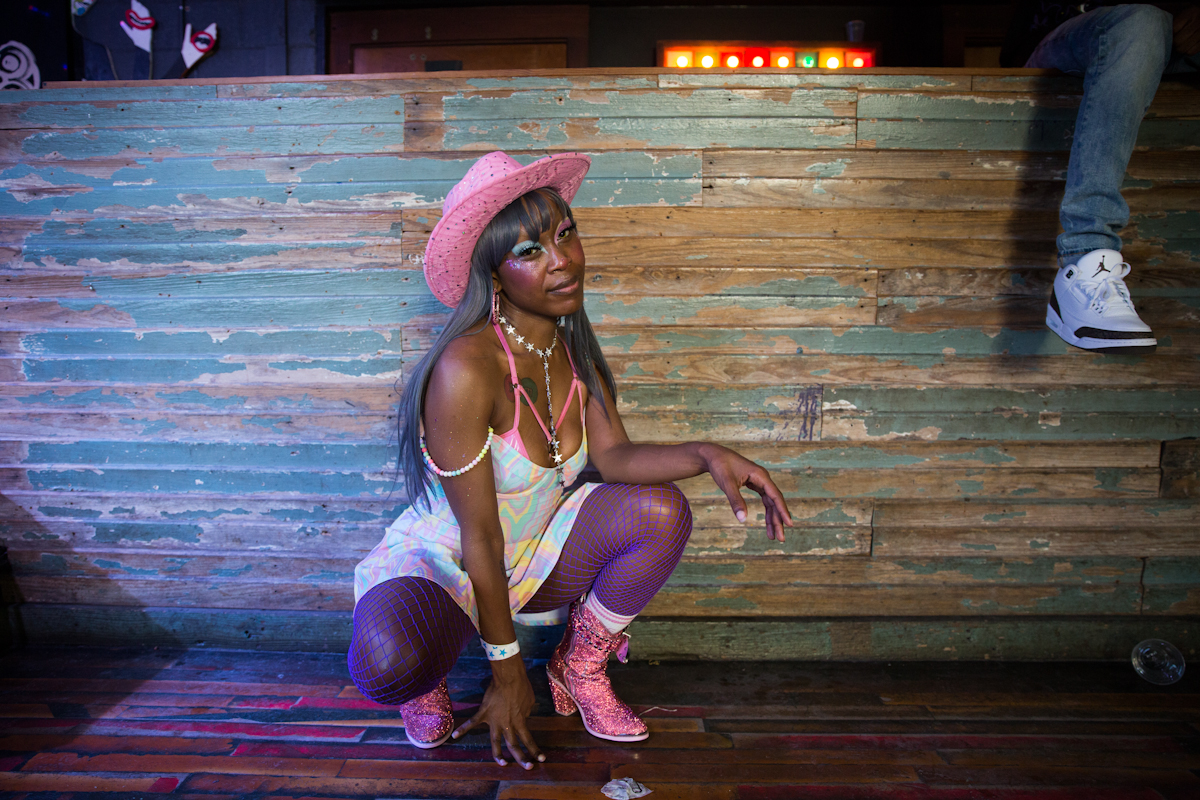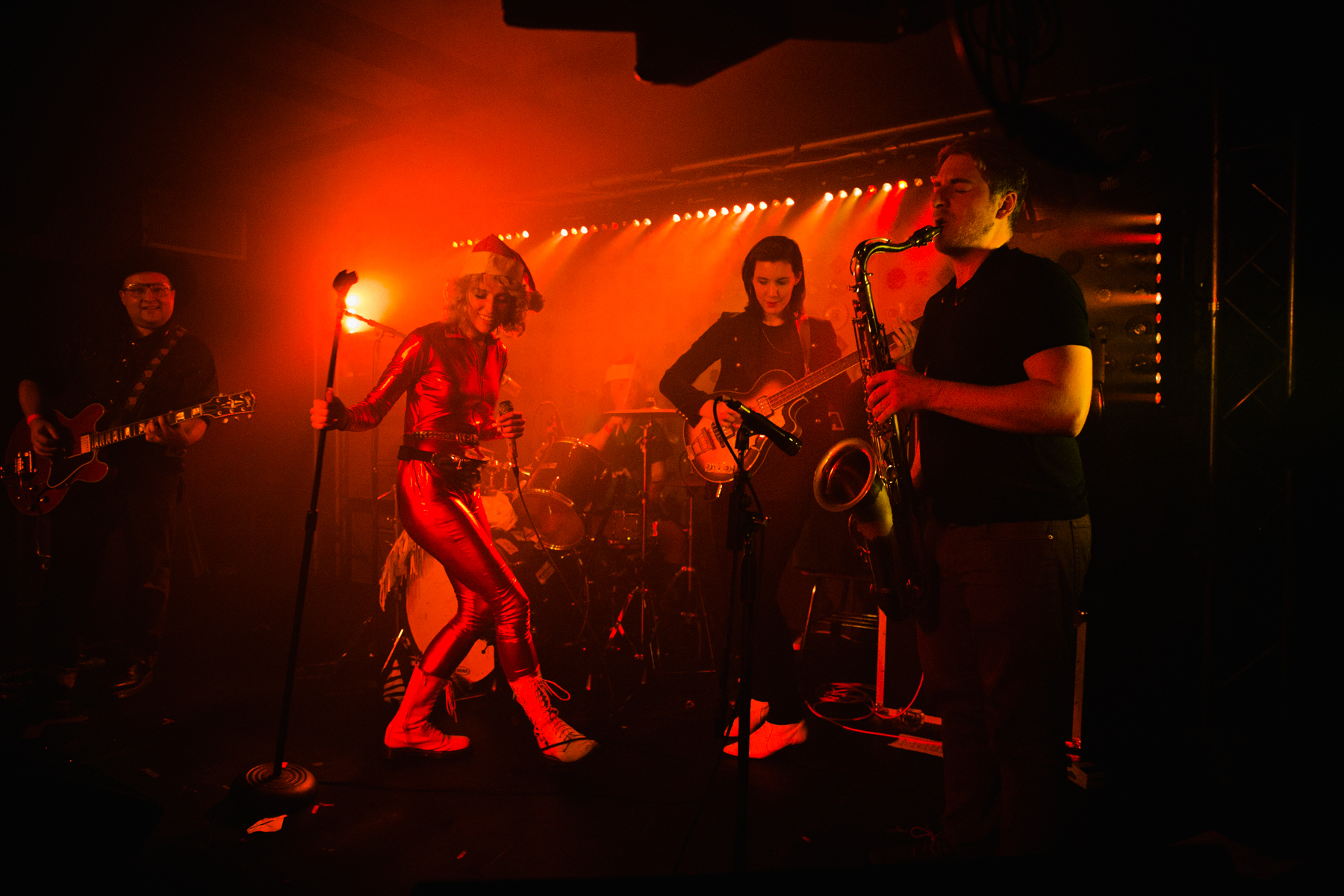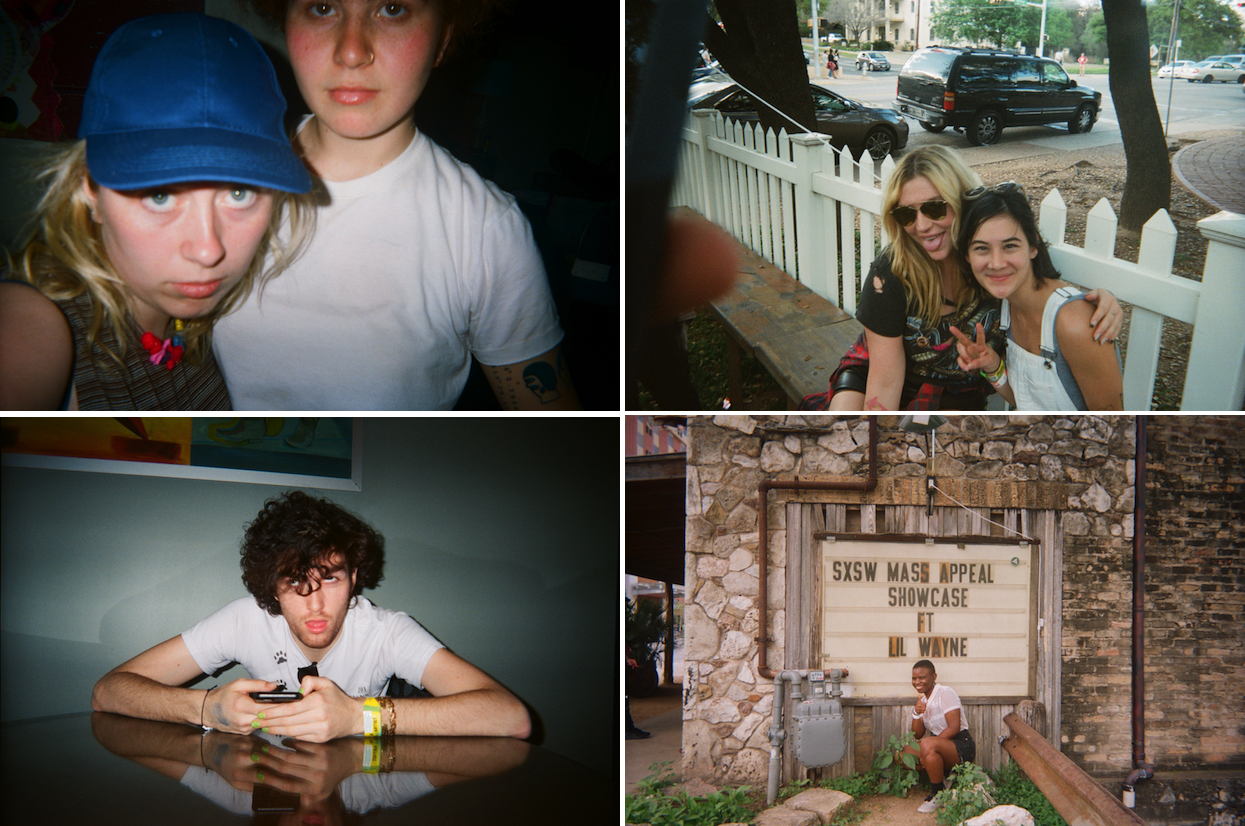We've lost Lou Reed. Rolling Stone reports that the legendary contrarian genius has died at age 71. Reed underwent a liver transplant earlier this year, which could've had something to do with his death, but no cause has yet been revealed. But even if we don't know exactly how Reed died yet, we know how he lived. He lived a hell of a life, and without him, much of the music you read about on sites like this one would not exist.
Reed's early life is the stuff of legend. Born in a Brooklyn hospital in 1942, Lewis Allan Reed grew up on Long Island and sang with a doo-wop group there. As a teenager, he had to go through electroshock therapy to "correct" homosexual impulses. As a student at Syracuse University, he hosted a late-night free-jazz college radio show. And after college, he led a band called the Primitives, who were formed to record "The Ostrich," a goofy garage-rock song Reed had written. That's how he met John Cale, his future Velvet Underground co-leader.
Reed and Cale formed the Velvet Underground, one of the most important bands in the history of American popular music. With Reed, the band recorded four albums, and at least three of them were game-changing classics. (You could make the case for Loaded, the last one he recorded with them, too.) The Velvet Underground did things that rock bands hadn't previously done. They adapted a hypnotic, circular guitar style, a rock take on the staring-into-infinity minimalism of composers like La Monte Young. They sang about drugs in ways that made the pursuit of drugs sound squalid and hopeless and soul-crushing rather than fun or cool. Reed sang from a wizened, seen-it-all perspective that made his broken-junkie poetry sound eternal, like something carved into stone. Around the time the Velvets released their beyond-classic first album The Velvet Underground & Nico in 1967, other bands, like the Stooges, were pushing the outward limits of ugliness in rock music, but nobody was doing it with the chilly authority of the Velvet Underground. And between that first album, 1968's White Light/White Heat, and 1970's self-titled album, they also pushed their style in too many directions to count, trying out stripped-down gospel-folk and jittery proto-punk and brain-jangling sound-collage. But despite the patronage of art-world giant Andy Warhol, they never became anything more than a cult band in their time together. That cult would grow, considerably, in the years after Reed left.
Reed quit the band in 1970, one album after Cale had done the same. After a little while, he kicked off a long and wide-ranging solo career. Along with Iggy Pop and David Bowie, he formed a loose triumvirate of wriggling, all-over-the-place drug-addled adventurous rock stardom. He helped glam rock come into being with his second solo album, 1972's Transformer, and he also scored a gigantic fluke hit with that album's "Walk On The Wild Side." He also helped noise-rock come into being with Metal Machine Music, a 1975 double album of squealing feedback loops that, depending on who you ask, is either a work of provocative genius or an unlistenable shitpile. And in the ensuing decades, his career continued to move in unpredictable patterns, swinging from the genius (1978's 11-minute transgressive tock symphony "Street Hassle") to the quietly impressive (1992's Magic And Loss) to the messily awful (2003's Poe-inspired concept album The Raven).
In recent years, he, along with wife Laurie Anderson, moved into a life as a New York art-scene man about town. He toured or played festivals when the mood struck him, but he didn't make a habit of either one. He took on weird projects and showed up at openings and generally seemed to be enjoying his life. If you spent any amount of time wandering around lower Manhattan in the past 15 years or so, there's a good chance that you spotted Reed on the street, got very nervous and excited at the same time, and said nothing.
In a way, it's appropriate that the final album that Reed released during his lifetime was 2011's Lulu, the collaboration with Metallica that sites like this one immediately pegged as one of the worst albums ever. That album sounded like nothing else in history, and nobody else could've made it. Lou Reed made that album because he felt like it. His last public act was writing a laudatory review of Yeezus. He never did what anybody wanted him to do, and we were always better off for his presence. He will be missed.
[videoembed size="full_width" alignment="center"][/videoembed]
Previously: The 10 Best Lou Reed Songs | The 10 Best Velvet Underground Songs
